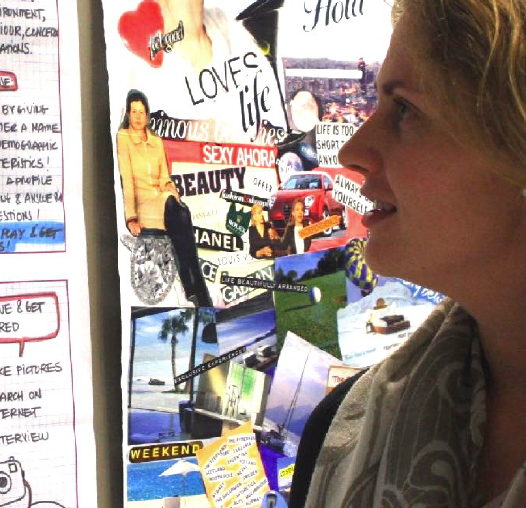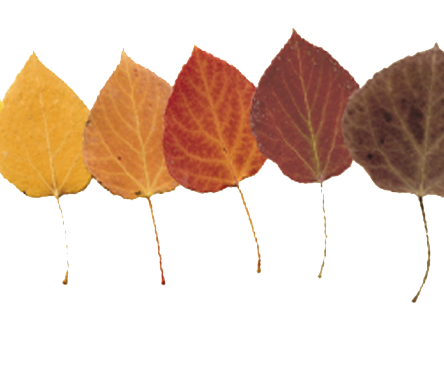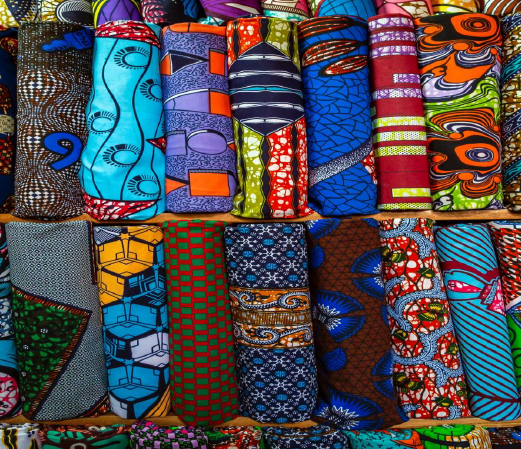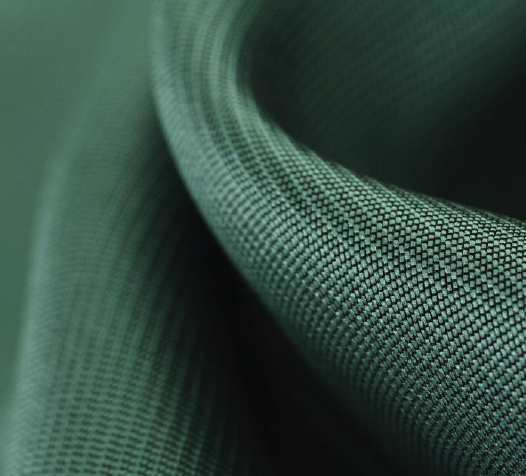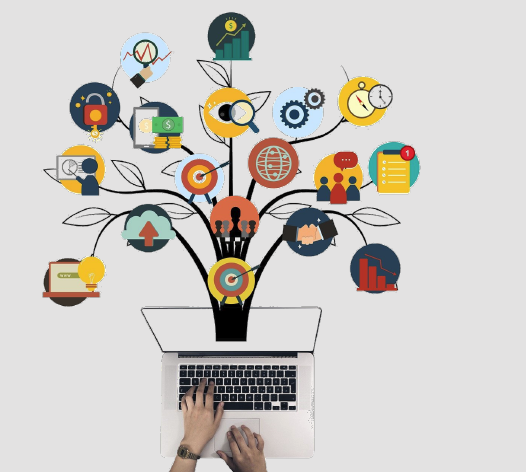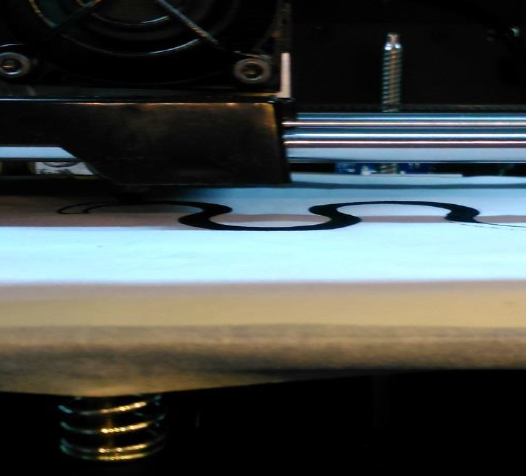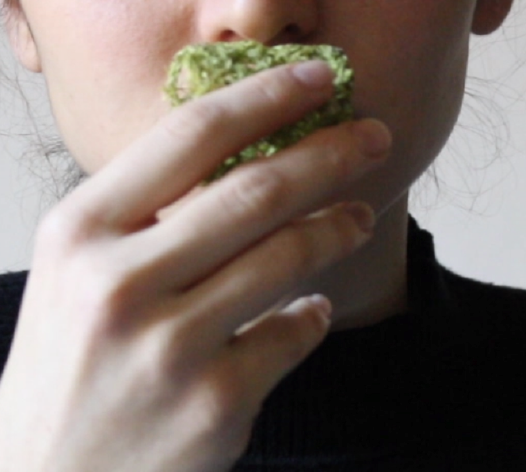Storytelling for Understanding the User
Storytelling is the interactive art of using words and actions to reveal the elements and images of a story while encouraging the listener’s imagination, as it’s definition by the National Storytelling Network. For this chapter the focus relies on storytelling application for story presentation -a narrative development-, and how it captivates audiences. To discover new [...]
Life cycle analysis
Life Cycle Assessment is a tool used in the Design for Environment methodology for new products. It also used for the environmental analysis of processes and services. It was originally proposed by the SETAC-Society of Environmental Toxicology and Chemistry in 1990 and its use has been widely accepted within many sectors. It can assess the environmental impact [...]
Digital inkjet printing in textile industry
Digital inkjet printing technology offers new horizons to the advanced textile manufacturing sector, as it is a resource efficient technology that consumes just enough materials and chemicals, with minimum waste production after the process. The flexibility it provides to the fashion sector plays a great role in adapting to the fast changing trends of the [...]
General trends of Innovation in the technical textiles’ sector
The first-generation textile fibres were those that were procured directly from the nature and that era lasted for 4,000 years. Many years before, science developed a second generation of new fibres, called man-made fibres. Nylon and polyester are two examples of them, a result of the efforts taken by chemists in 1950, to evolve with materials that resemble natural [...]
Design thinking, creative thinking, critical thinking, art thinking
The term design has broaden its meaning during the last years. Design can be used to describe a holistic and multi-disciplinary problem-solving approach that takes user needs, desires, and capabilities as its starting point and focus. This multi-disciplinary approach become fundamental in a sector as that of technical textiles, where the functional aspects are preeminent compared to [...]
Branding aspects in the design process
Branding is the process carried out by companies to differentiate their offer from similar ones, using distinctive names or symbols. Branding, is according to Brassington and Pettitt (2000) “the creation of a three-dimensional character for a product, defined in terms of name, packaging, colours, symbols etc., that helps to differentiate it from its competitors, and helps the customer [...]
3d printing on textiles: A novel process for functional and smart textiles
Functional and smart textiles are used for different purposes such as healthcare, interior textiles, automobile, protective clothing, communication and entertainment, and are represented by different products like medical shirts, carpets, car seats, firefighter suits and optical fiber displays. These are the common applications, but there also some applications like ergonomic clothing. There are some problem [...]
Tinkering with and for Advanced Textiles
Acquiring knowledge about materials and processes through materials exploration is a fundamental step in the roadmap of Textile Designers' practice and education. The most successful way to get tacit knowledge about advanced textiles and to foster creativity for further development and innovative solutions is to engage in an experimental and goal-free exploratory practice. We call this approach to [...]
